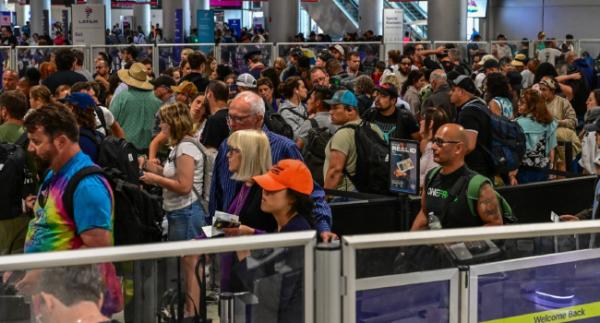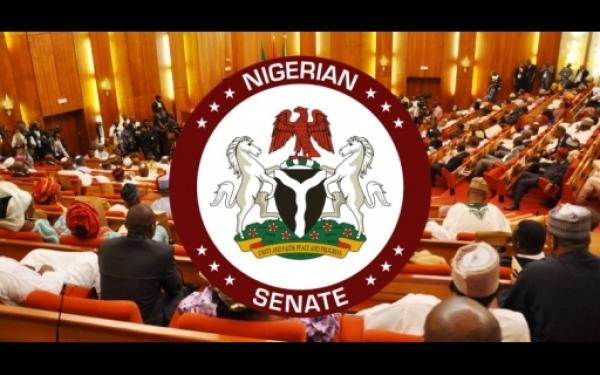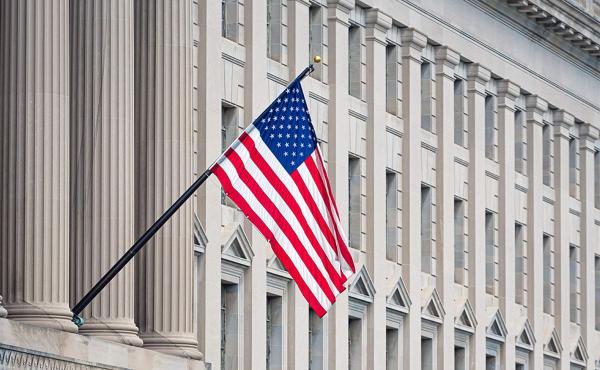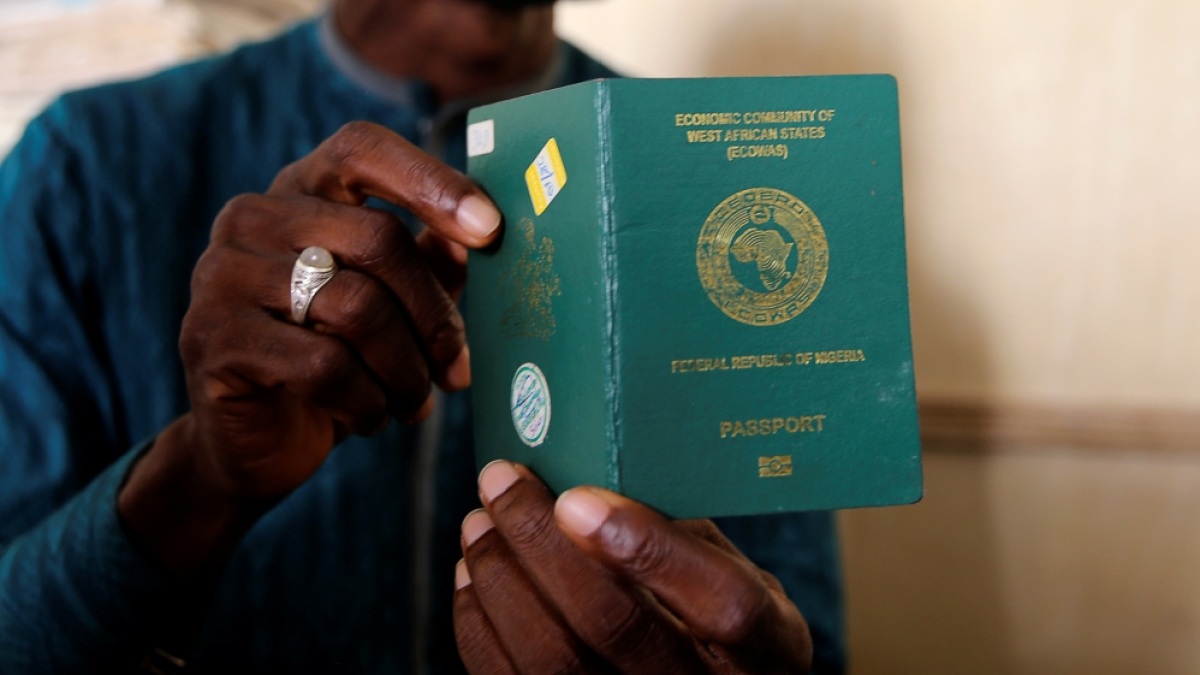
Tehran denounced on Saturday the US travel ban on Iranians and citizens of 11 other mostly Middle Eastern and African countries, saying Washington’s decision was a sign of a “racist mentality”.
US President Donald Trump signed on Wednesday an executive order reviving sweeping restrictions that echoed his first-term travel ban, justified on national security grounds following a firebomb attack at a pro-Israel rally in Colorado.
Alireza Hashemi-Raja, the foreign ministry’s director general for the affairs of Iranians abroad, called the measure, which takes effect June 9, “a clear sign of the dominance of a supremacist and racist mentality among American policymakers”.
The decision “indicates the deep hostility of American decision-makers towards the Iranian and Muslim people,” he added in a statement released by the ministry.
Apart from Iran, the US ban targets nationals of Afghanistan, Myanmar, Chad, Congo-Brazzaville, Equatorial Guinea, Eritrea, Haiti, Libya, Somalia, Sudan and Yemen.
A partial ban was imposed on travellers from seven other countries.
Hashemi-Raja said the policy “violates fundamental principles of international law” and deprives “hundreds of millions of people of the right to travel based solely on their nationality or religion”.
The foreign ministry official said that the ban was discriminatory and would “entail international responsibility for the US government,” without elaborating.
Iran and the US severed diplomatic ties shortly after the 1979 Islamic Revolution, and relations have remained deeply strained since.
The United States is home to the largest Iranian community outside Iran.
According to figures from Tehran’s foreign ministry, in 2020 there were some 1.5 million Iranians in the United States.
Trump’s executive order came days after Sunday’s attack at the Colorado rally, in which authorities said more than a dozen people were hurt.
The suspect is an Egyptian man who had overstayed a tourist visa.






















